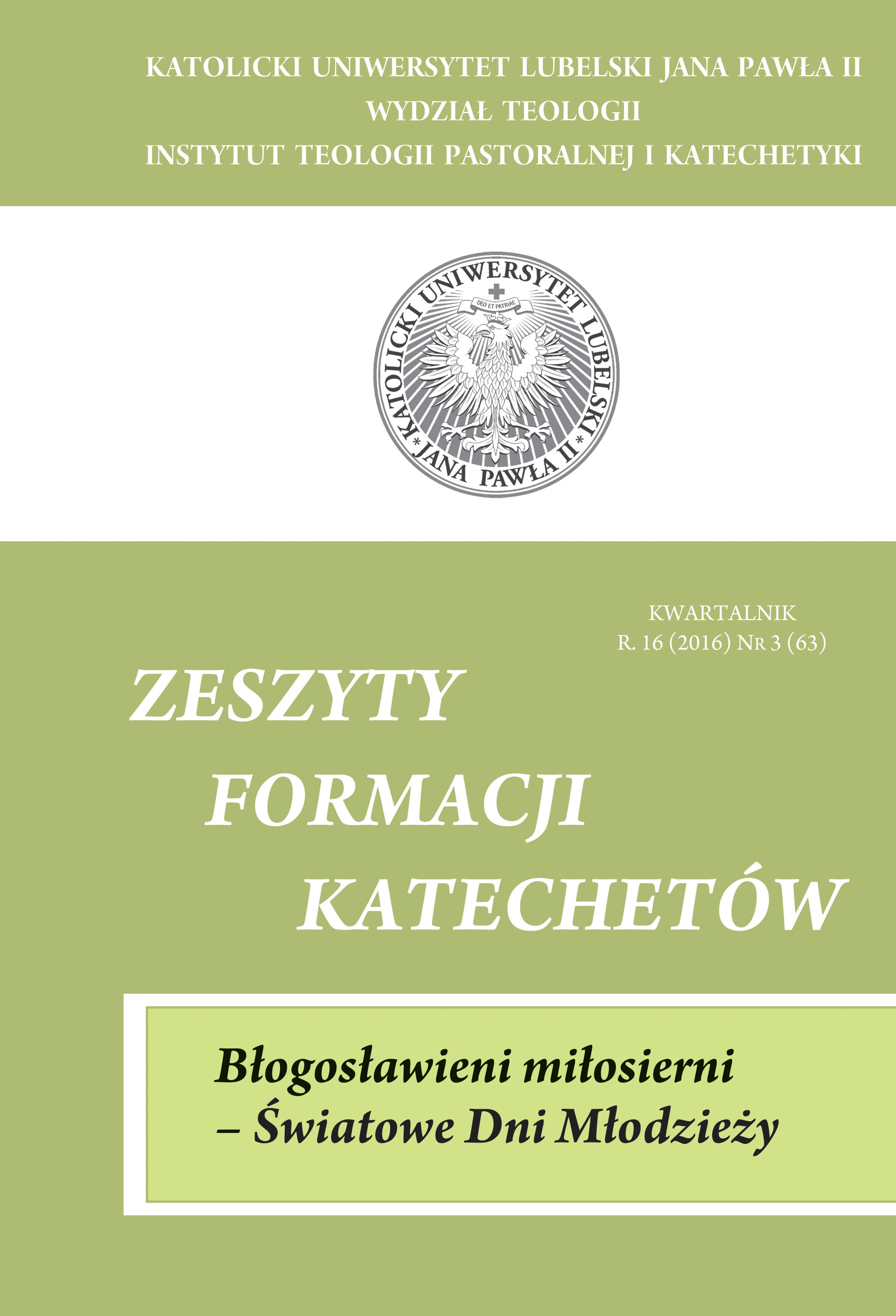Myths about freedom
Keywords:
myth, freedomAbstract
One of the essential conditions for the education of children and youth in freedom is to prevent them from confusing freedom with its imitations and serious distortions that lead to the loss of freedom. The present paper describes the current most common myths about freedom. The first myth is the idea that freedom is the absolute and most crucial value. Consequently, freedom understood in such terms becomes more important than the human being. The second myth is the misconception that the only limitation on one’s freedom is the freedom of others. In fact, a mature man sets boundaries for himself in exercising freedom. He does not choose what is contrary to the moral standards and his dignity, even if others do not protest against or even encourage certain type of behavior. The third myth is the claim that man is free as long as he does not make any commitments, especially lifelong ones. In fact, a test of freedom is precisely the ability to make commitments and their faithful fulfillment.
Downloads
Published
How to Cite
Issue
Section
License
Copyright (c) 2016 KATECHISTS' PERIODICAL

This work is licensed under a Creative Commons Attribution-NonCommercial-NoDerivatives 4.0 International License.

